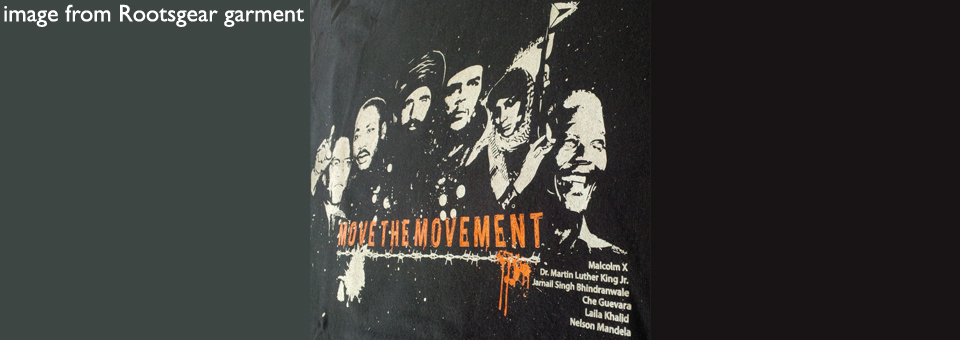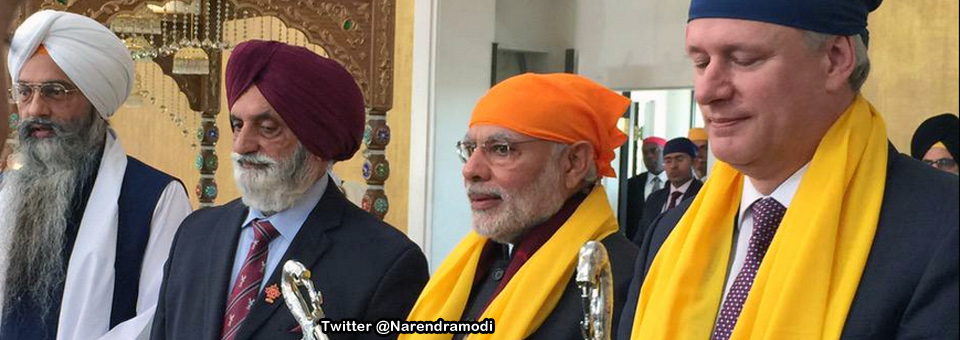The death of Nelson Mandela aged 95 has rightly been met with messages in tribute to him from politicians, religious leaders and everyday people from across the globe. Social media has been awash with an outpouring of respect for the first black President of South Africa who became the most recognisable figure of the anti-Apartheid movement. His death was inevitable, but what seems to have captured most peoples hearts is the manner in which he lived his life. And it is that collective admiration which has compelled me to write about what it is we can learn from the passing and the living of South Africa’s most famous Statesman.
Nelson Mandela fought against the prevalent system of rule and social convention in twentieth century South Africa that separated people by race and controlled their interaction. Black people, indigenous to the land, were prevented from opportunities afforded to white people in every scope of life. Joining the African National Congress (ANC) which spearheaded a movement for liberation, Mandela and others fought against the system initially through diplomatic means, but later with the use of force. His imprisonment for some 27 years was made on two grounds, firstly that of instigating civil disobedience and secondly for conspiring to violently overthrow the Government. Throughout his time in prison, Mandela continued to fight for change to be brought about in South Africa as did the ANC. His name and face became synonymous with the anti-Apartheid struggle and there were few surprises when he became the first black President of South Africa in 1994 after his release and the end to the Apartheid regime. What Mandela stood for was justice and equality of opportunity; his dedication to continually articulate his beliefs for a better future and his perseverance in the face of rampant hostility stands him apart from the countless other figures who too have fought for liberation throughout the last century.
But Mandela was no superman, nor an extra-terrestrial being not of this World; he was a human, just like the rest of us, born to a mother and raised on the same Earth that we all reside in. What light shone inside him burns within us all, that potential and capability to see beyond the mere existence we satisfy ourselves with. Of course we are all nurtured differently and are a product of the experiences we encounter, but that potential to achieve greatness does not diminish at any time. What we learn from Mandela and his kind is to stand up and be counted in our lives in whichever way we can. We – the people – make the World what it is, not others. We choose to live in a World where thousands like Mandela continue to spend too many years of their lives incarcerated, even now. We look the other way or placate ourselves with fanciful notions of security perpetuated by well-groomed politicians and State media. We would do well to remember that Mandela once spurned the opportunity of release in 1985 under the condition that he reject violence as a political weapon, his response bold and thought-provoking: “What freedom am I being offered while the organisation of the people (ANC) remains banned? Only free men can negotiate. A prisoner cannot enter into contracts.”
Through conversations with Ranjit Singh ‘Kuki’ Gill my colleague here at Naujawani.com and a man who spent almost two decades incarcerated in a manner not dissimilar to Mandela, I have come to learn how years of imprisonment can change a person, if they let it compromise their principles. Mandela ‘the leader’ is often depicted as humble, without bitterness and perhaps even regal, characteristics that I see in Kuki Gill and other fellow Sikhs who have spent considerable time as political prisoners, purely because they did not allow their conscience to die. In a Sikh context, the concept of leadership is vested in the condominium of the Guru Granth and the Guru Panth. Every Sikh has not only the capacity, but the privilege of attaining leadership in union with their fellow Sikhs, and it is not only a possibility, but our duty to make the World a better place by becoming the Nelson Mandela’s of our time and place, wherever in the World we might be.
Right now there are countless political prisoners across the globe, in every nation and not just in places like the Punjab where the plight of six such prisoners who have yet to be released despite having served their sentences has been highlighted this past month by an activist, Gurbaksh Singh. His hunger strike until their release was ironically stopped overnight by his alleged kidnap instigated by plain clothes police officers. Photographs of him now in hospital on a drip feed have circulated and he is apparently to be presented before a Court in the morning. Such injustices the World over are the tip of the iceberg that holds us back from becoming the World that we all want this to be and it is only up to us to change that.
Mandela was one of those figures whose name will live on for centuries to come and who is widely respected and revered as the last 24 hours have shown. But if as individuals we cannot realise that his battle was one that we must all fight, in whichever way we can in our small part of the World, what value is that respect and reverence? I don’t believe in heaven, nor that we rest in peace. Death is just another path, one that we all must take – where it leads to I do not know. But I know that when that death comes to me, like Mandela I hope to be satisfied that I lived a life in true harmony with my conscience and the World was better for it.





